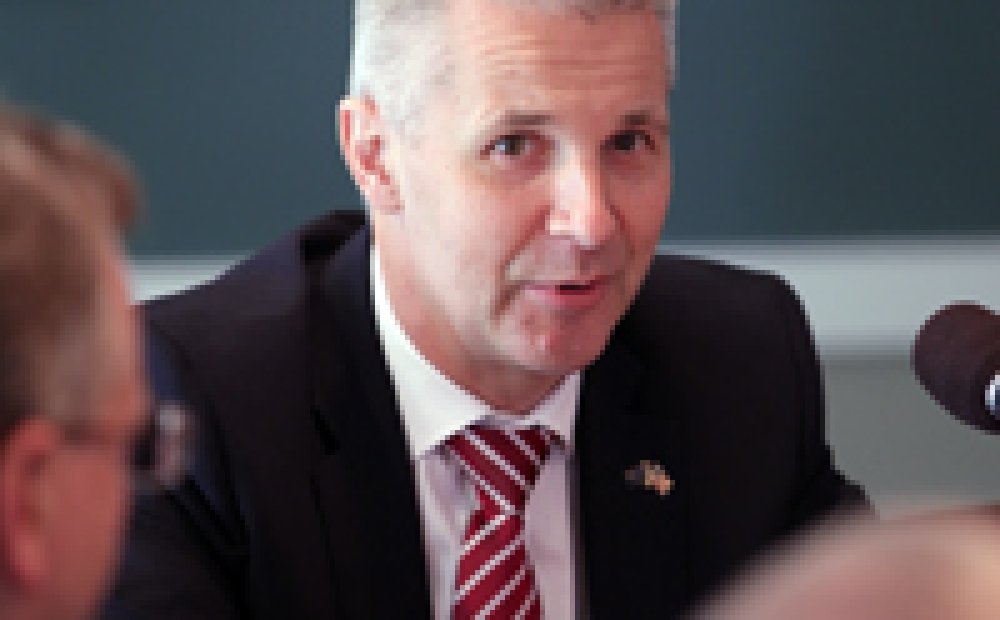25 Years Since the Baltic Revolution: Marking Accomplishments, Facing Challenges

Between March and May 1990, elected parliaments in the Baltic republics of Estonia, Latvia and Lithuania declared the restoration of the de facto independence that these states had exercised between 1918 and 1940. Twenty-five years later, the Baltic States are well-functioning democracies with market economies integrated into NATO, the European Union, the Schengen zone and the Eurozone. Like all modern states, they nevertheless face a complex range of issues to address in the domestic political, economic and social spheres as well as the foreign policy arena.
This anniversary year, in which Latvia holds the Presidency of the Council of the European Union, presents a timely opportunity to review what the Baltics have accomplished in the past quarter century as well as current and future challenges that they face. As Latvia prepares to host a May 2015 Eastern Partnership Summit in Riga, it is also appropriate to assess the relevance of Baltic experience to others seeking closer ties with European and trans-Atlantic structures.
Speakers
Hosted By

Kennan Institute
The Kennan Institute is the premier US center for advanced research on Eurasia and the oldest and largest regional program at the Woodrow Wilson International Center for Scholars. The Kennan Institute is committed to improving American understanding of Russia, Ukraine, Central Asia, the South Caucasus, and the surrounding region through research and exchange. Read more


Global Europe Program
The Global Europe Program is focused on Europe’s capabilities, and how it engages on critical global issues. We investigate European approaches to critical global issues. We examine Europe’s relations with Russia and Eurasia, China and the Indo-Pacific, the Middle East and Africa. Our initiatives include “Ukraine in Europe”—an examination of what it will take to make Ukraine’s European future a reality. But we also examine the role of NATO, the European Union and the OSCE, Europe’s energy security, transatlantic trade disputes, and challenges to democracy. The Global Europe Program’s staff, scholars-in-residence, and Global Fellows participate in seminars, policy study groups, and international conferences to provide analytical recommendations to policy makers and the media. Read more
